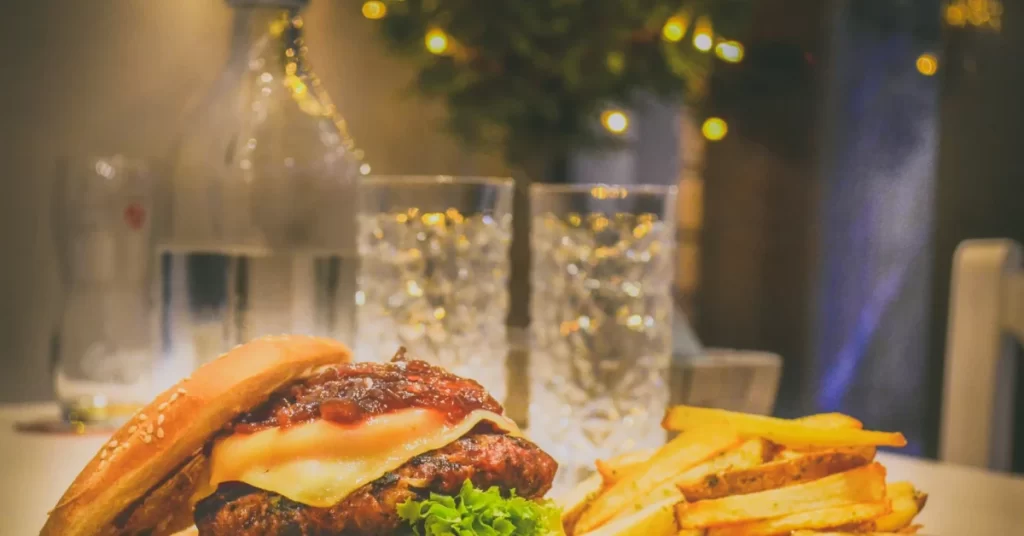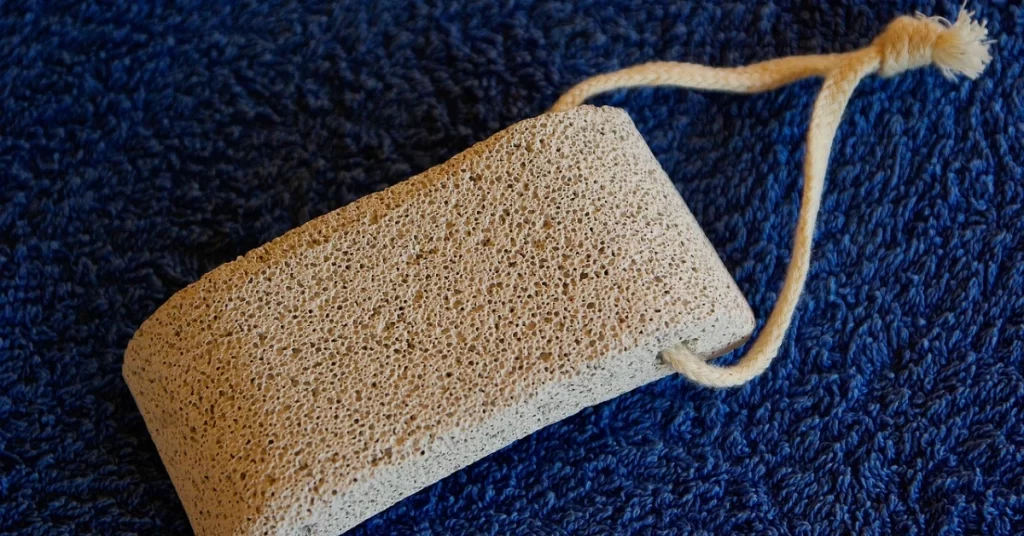Food is always considered a natural medicine for all illnesses, and needless to say, in women who have undergone caesarean section. But there are certain food types that these women should avoid until they heal completely, because they may do more harm than good.
Women who have undergone c- section have limited activity, and they may lack the capacity to do some physical tasks. The knowledge to choose the right kind of food to take is very vital, and as the latest mom on the block, you need such knowledge.
Well, this article will give you just the right knowledge you need. Here are five types of food that you should avoid or restrict:
1. Some Processed Foods
Not all processed foods are harmful. Some, such as milk, require processing to make them safe for consumption.
Some processed foods contain more calories, high salt, sugar, or fat content. Because you have limited activity due to the c-section incision, these contents accumulate over time in your body, and this may make you overweight, obese, diabetic, and also raise your blood pressure.
Examples of processed foods include:
- Pastries like bread, biscuits, and cakes
- Milk, and cheese
- Soft drinks
- Meat products such as bacon, ham, sausage, and salami
- Potato chips and crisps
- Canned vegetables
- Pies
You should consider taking more foods that offer fewer calories and more nutrients, such as wholemeal bread, low-fat yogurt, and high-fiber breakfast cereals.
2. High-Fat Diet Foods
You’ve probably learned from many sources that there are healthy and non-healthy fats. This is true.
There are four main types of fats, namely:
- Monosaturated fats
- Polyunsaturated fats
- Saturated fats
- Trans fats
Monosaturated and polyunsaturated fats are the good guys. They decrease the amount of bad cholesterol (Low-Density Cholesterol-LDL) in your body. The vice versa can be said about saturated and trans fats.
Foods that contain high saturated and trans fats may lead to a condition called atherosclerosis, which is the narrowing of blood vessels by fat deposits. Examples of such foods include:
- Fatty meats
- Butter
- Heavy cream
- Bacon
- Potato chips and French fries
- Ice cream
- Pizza
- Poultry skin
When fats are deposited in the coronary artery, they may block the blood supply to the heart, and this may cause ischemia-which means that your heart will be deprived of oxygen and start dying. You don’t want your dear heart to die, do you?
Well, if you don’t, consider these alternatives:
- Lean beef
- Low-fat cheese
- Skim milk
- Olive or canola oil
- Baked potato chips
- Reduced-fat ice cream
3. Carbonated drinks
Carbonated drinks are those that contain dissolved carbon (IV) oxide, for example, soft drinks and carbonated wine.
Once in the digestive system, carbonated drinks release carbon gas, which may result in bloating and flatulence. This is very discomforting. Instead of taking carbonated drinks, take more water or natural fruit juice for refreshment.
4. Spicy Foods
You may like your foods spicy, but spices can be a menace to your recovery. They should be avoided because they cause gastric problems. They increase stomach acid, and some of this acid may regurgitate back to the esophagus and cause heartburn. Spicy foods sometimes cause gastroenteritis, a condition where you experience diarrhea and/or vomiting and stomach pain.
5. Cold Foods and Drinks
Cold foods and drinks may cause a common cold or may exacerbate an existing cold. Consider warming your food before taking it, as this will also kill bacteria that may be present.
6. Alcohol
A lot of research is still going on about the effects of alcohol, but we know the basics. It has health risks, both short-term and long-term.
One of the short-term effects is impaired judgment. Impaired judgment on the part of the mother can make it difficult for her to take care of her baby, especially one who needs special attention. Other short-term effects include changes in moods and behavior which also affect child care.
The long-term effects include:
- Addiction to those who take it in excess
- Heart conditions like stroke, irregular heartbeats, and high blood pressure
- Liver problems like alcohol hepatitis, fibrosis, fatty liver, and liver cirrhosis
- Pancreatitis
- Liver cancer
- Weak immune system
7. Caffeinated Drinks
Caffeinated drinks such as coffee, and tea stimulate body metabolism, and this may cause excessive urination. And because you have limited movement, it may be difficult for you to frequently visit the toilet. If you can’t completely avoid these drinks, then moderate your intake.
The Take-home
As we’ve learned, not all foods should be taken after a c-section. Proper moderation of certain foods will gear you toward your healing.
Not all processed and fatty foods are bad. You can moderate carbonated drinks, spicy foods cold and caffeinated drinks. Avoid alcohol if you can.
Now that you’ve learned this, healing awaits you. Cheers.


